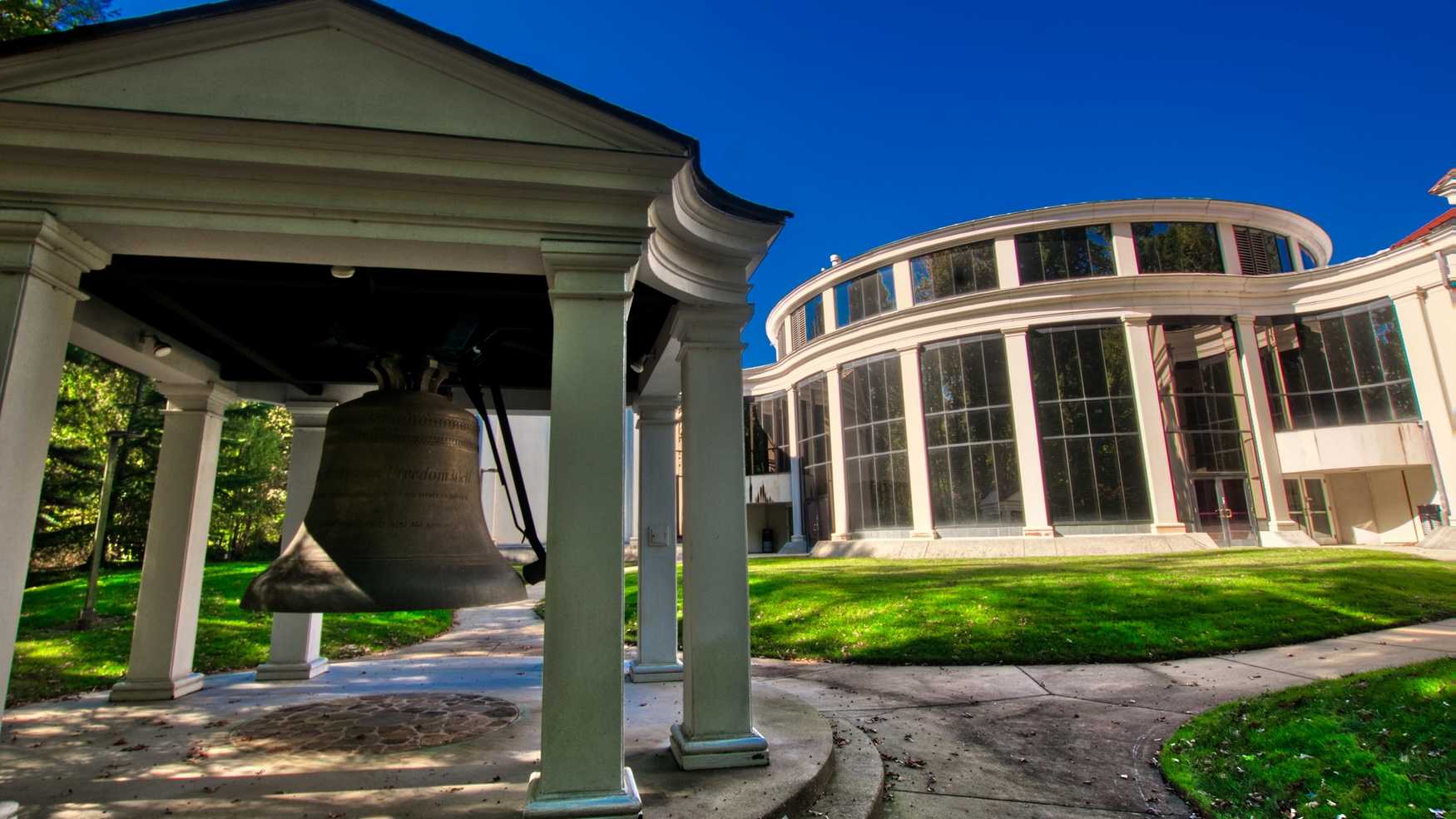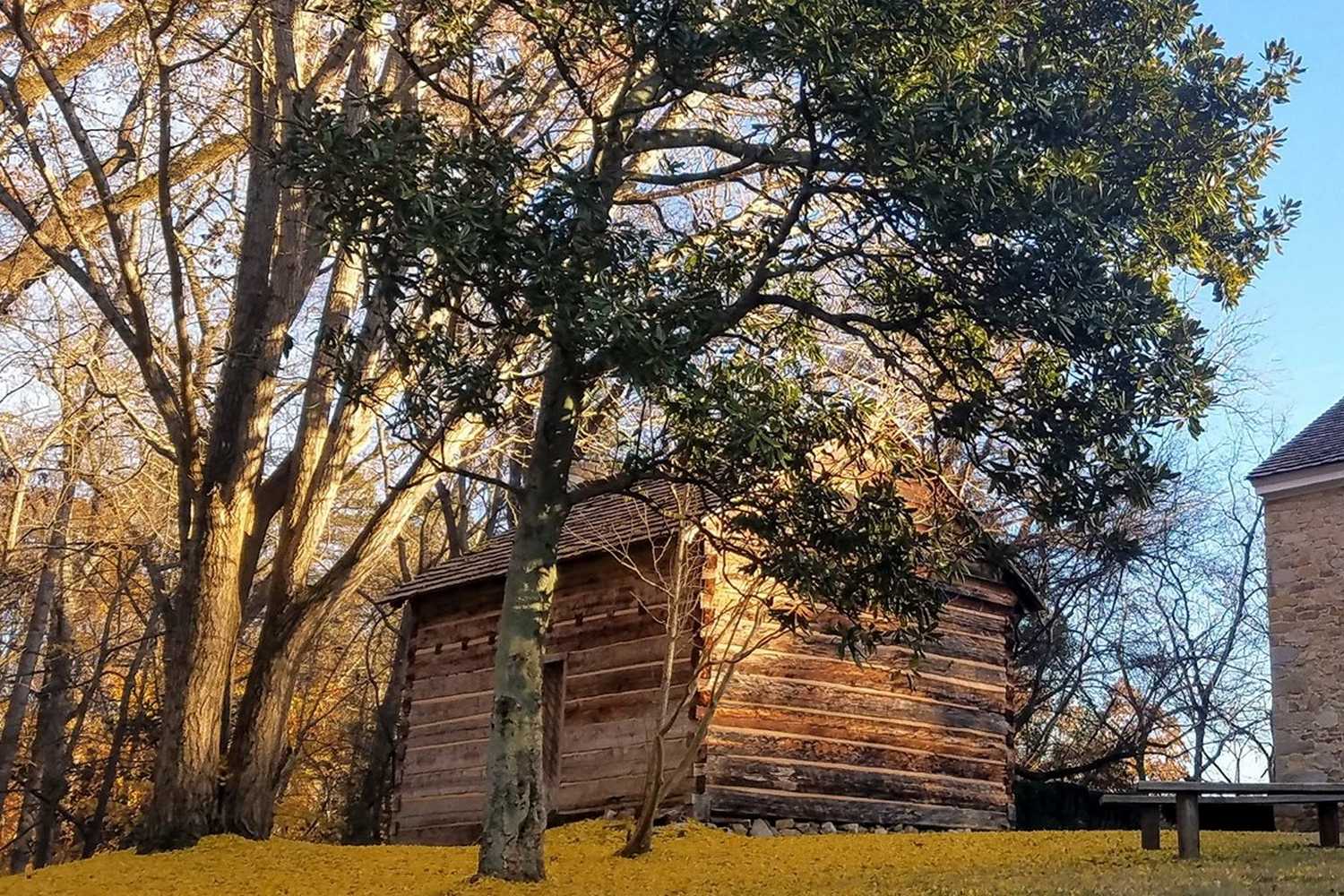- Here is Why Your Kids Will Find it Interesting
- The 1774 Homesite: A Window into Colonial Life
- Exhibits and Collections
- Educational Programs and Tours
- Exploring Charlotte's Diverse History
- The Museum's Role in Civic Education
- Special Events and Programs
- Preserving Charlotte's Architectural Heritage
- Best Time to Visit
- Our Resume
The Charlotte Museum of History is a gateway to the Queen City's rich past, offering visitors a captivating journey through time. Located on an eight-acre wooded campus in East Charlotte, this cultural gem preserves and interprets the region's unique history, from its colonial roots to its modern-day vibrancy. The museum's mission goes beyond mere preservation; it aims to build a better future by sharing stories of liberty, freedom, equity, and citizenship. With its engaging exhibits, historic structures, and educational programs, the Charlotte Museum of History invites families, history enthusiasts, and curious minds to explore the tapestry of events and people shaping Charlotte and Mecklenburg County.
Highlights
- 1774 Hezekiah Alexander Rock House, the oldest surviving structure in Mecklenburg County
- Interactive exhibits showcasing Charlotte's diverse history and civic themes
- Educational programs and guided tours for all ages
Contents
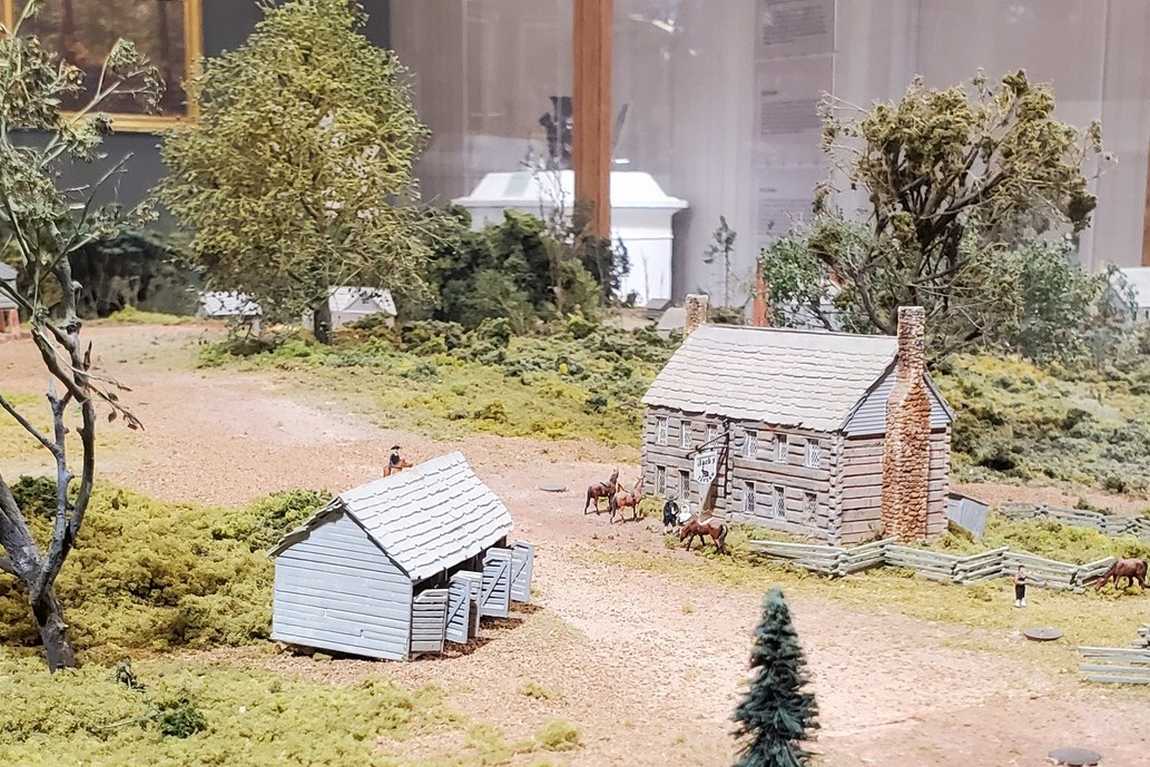 Photo: https://www.facebook.com/charlottemuseumofhistory
Photo: https://www.facebook.com/charlottemuseumofhistory
Here is Why Your Kids Will Find it Interesting
Charlotte Museum of History is worth visiting with kids because it brings history to life through interactive displays and hands-on activities. Children aged 6-12 will enjoy tactile experiences like trying on period clothing or participating in colonial-era games. The museum's family-friendly tours are designed to engage young minds, with guides often dressed in historical attire, making the past feel tangible and exciting. Kids can explore the 1774 Homesite, imagine life during the Revolutionary period, and participate in seasonal events that make learning about Charlotte's history fun.
Family-friendly features
- Interactive exhibits with hands-on activities for children
- Guided tours tailored for families with engaging storytelling
- Outdoor spaces for picnics and exploration of the historic grounds
The 1774 Homesite: A Window into Colonial Life
The crown jewel of the Charlotte Museum of History is undoubtedly the 1774 Hezekiah Alexander Rock House. This remarkably preserved structure connects visitors to Charlotte's colonial past. Built circa 1774, it is the oldest surviving house in Mecklenburg County and the only remaining building from the Revolutionary period in Charlotte.
- Hezekiah Alexander Rock House:
- Constructed of native stone
- Two-story structure with period-appropriate furnishings
- Provides insight into 18th-century domestic life
- Revolutionary Period Significance:
- Home of Hezekiah Alexander, a signer of the Mecklenburg Declaration of Independence
- Reflects the architectural style and building techniques of the era
- Offers a glimpse into the lives of early settlers in the Carolina Backcountry
- National Register of Historic Places:
- Listed due to its historical and architectural importance
- Designated as a local landmark, underscoring its value to Charlotte's heritage
- Serves as a focal point for educational programs about colonial America
The homesite also features additional structures that complement the Rock House:
| Structure | Description |
| Barn | Relocated from the era, showcasing agricultural practices |
| Log Kitchen | Reproduction building demonstrating colonial cooking methods |
| Springhouse | Reconstructed two-story building used for food preservation |
These buildings collectively create an immersive historical environment, allowing visitors to step back in time and experience life as it was during the United States's formative years.
 Photo: https://www.facebook.com/charlottemuseumofhistory
Photo: https://www.facebook.com/charlottemuseumofhistory
Exhibits and Collections
The Charlotte Museum of History boasts diverse exhibits that bring the region's past to life. Visitors can trace Charlotte's evolution from a small colonial settlement to a major urban center through carefully curated displays and artifacts.
Permanent Galleries
The museum features several permanent galleries that offer in-depth looks at various aspects of Charlotte's history. "Charlotte Neighborhoods" explores the growth and development of the city's communities, while "Cotton Fields to Skyscrapers" charts Charlotte's economic transformation. The "Native American Heritage" gallery highlights the area's Indigenous peoples, providing insight into the region's earliest inhabitants.
Rotating Exhibits
Rotating exhibits are regularly featured to keep the museum experience fresh and engaging. These often showcase the work of local artists like Dan Nance and Daniel Coston, bringing a contemporary perspective to historical themes. Some exhibits focus on specific periods or themes in Charlotte's history, while others include photography displays that capture the city's changing landscape over time.
Artifacts and Interactive Displays
The museum's collection includes many artifacts that help bring history to life. Visitors can examine colonial-era tools, household items, and Revolutionary War memorabilia. Interactive elements enhance the learning experience, with touchscreen displays allowing visitors to delve deeper into historical topics. Interactive maps showing Charlotte's expansion over time visually represent the city's growth.
The museum's collections comprehensively look at Charlotte's past, ranging from Native American artifacts to modern-day memorabilia. These exhibits are thoughtfully designed to engage visitors of all ages, making history accessible and exciting for everyone.
The Charlotte Museum of History creates a rich, immersive experience that connects visitors with the city's diverse and fascinating history by presenting a mix of physical artifacts, interactive displays, and informative exhibits.
Darby Acres Farm is 4 km away, a visit to which your children are sure to enjoy.
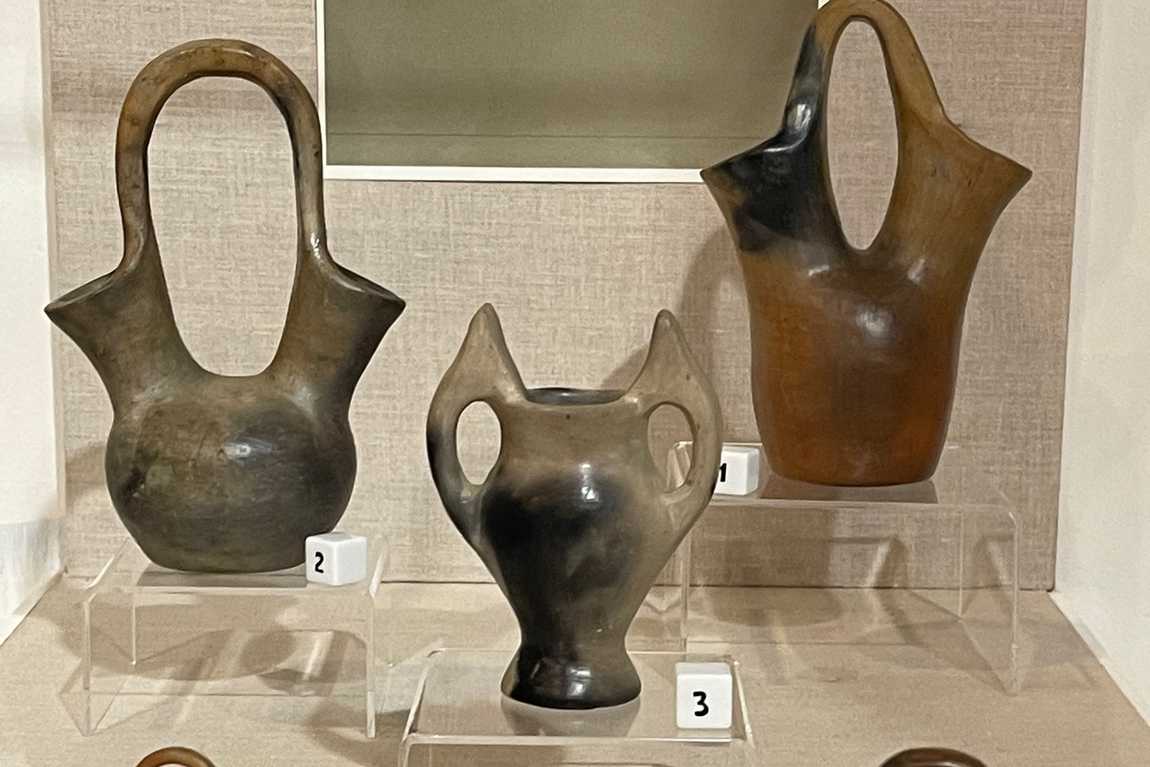 Photo: https://www.facebook.com/charlottemuseumofhistory
Photo: https://www.facebook.com/charlottemuseumofhistory
Educational Programs and Tours
The Charlotte Museum of History provides educational experiences catering to diverse audiences. From school groups to families and history enthusiasts, the museum offers a range of programs designed to deepen understanding and appreciation of local history.
Guided Tours:
- Expert-led tours of the 1774 Homesite
- Themed tours focusing on specific aspects of Charlotte's history
- Costumed interpreters bringing historical figures to life
School Field Trips:
- Curriculum-aligned programs for K-12 students
- Hands-on activities reinforcing classroom learning
- Resources for teachers to integrate local history into their lessons
Family-Friendly Activities:
- Weekend workshops on historical crafts and skills
- Seasonal events like colonial Christmas celebrations
- Interactive storytelling sessions about Charlotte's past
These educational initiatives inform and inspire visitors to connect with their local heritage and understand its relevance to contemporary life.
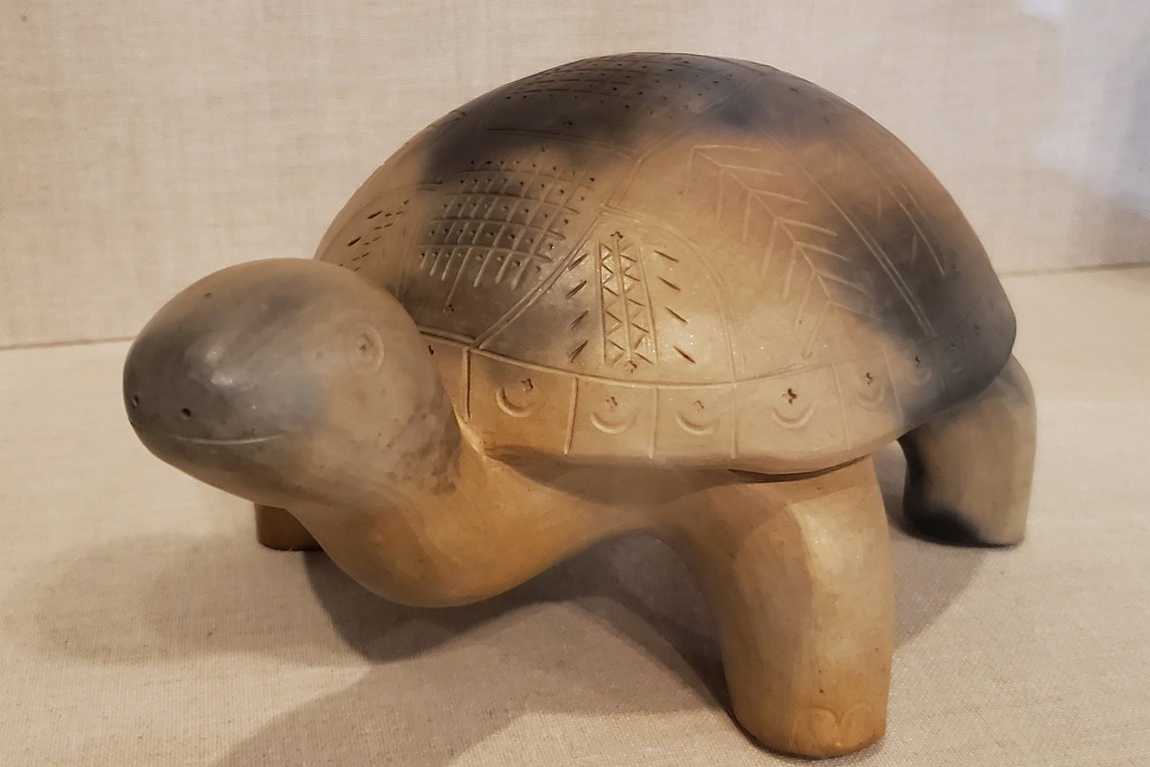 Photo: https://www.facebook.com/charlottemuseumofhistory
Photo: https://www.facebook.com/charlottemuseumofhistory
Exploring Charlotte's Diverse History
The Charlotte Museum of History is committed to presenting a comprehensive and inclusive narrative of the city's past. Through its exhibits and programs, the museum highlights the contributions of various communities that have shaped Charlotte's identity.
Black Communities' Contributions:
- Exhibits on African American leaders and innovators
- Stories of resilience during the Civil Rights era
- Celebration of Black Cultural Heritage in Charlotte
Indigenous Peoples' Heritage:
- Displays of Native American artifacts and art
- Educational programs on Catawba and Cherokee history
- Partnerships with local tribes for authentic representation
Immigrant Communities' Impact:
- Exhibits showcasing waves of immigration to Charlotte
- Stories of entrepreneurship and cultural enrichment
- Exploration of how diverse communities have shaped the city's growth
By presenting these multifaceted narratives, the museum ensures visitors gain a holistic understanding of Charlotte's rich and complex history.
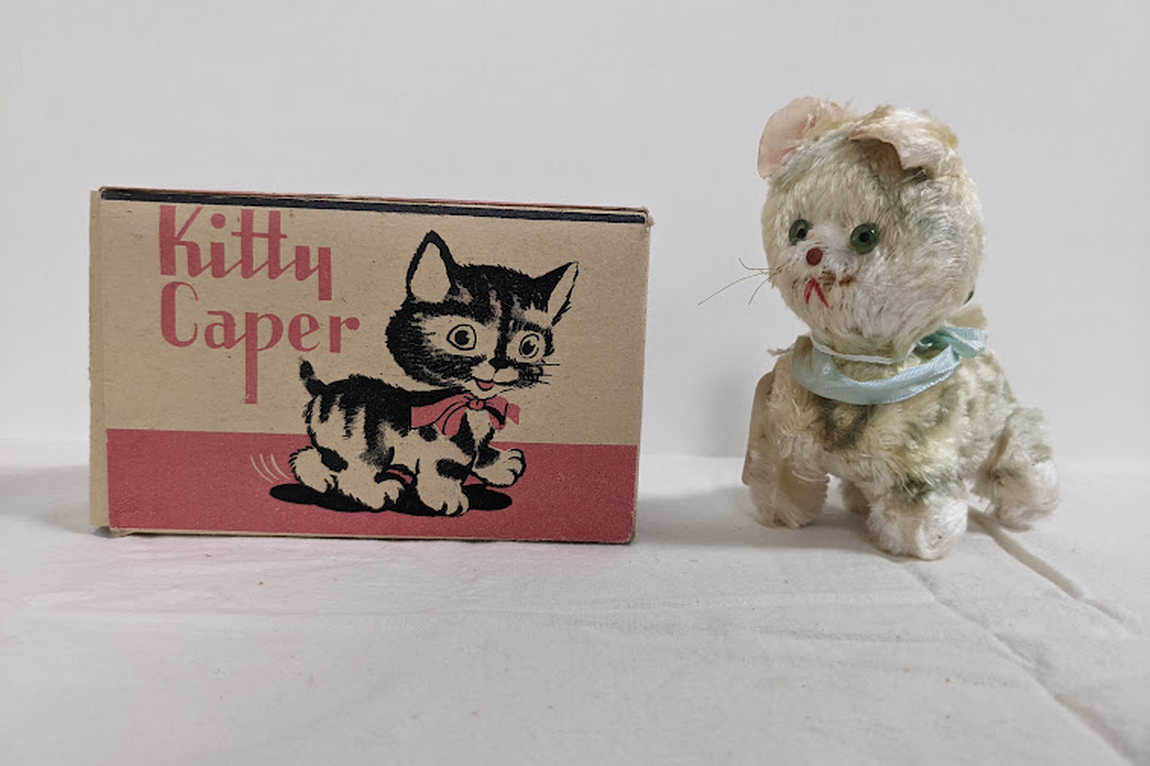 Photo: https://www.facebook.com/charlottemuseumofhistory
Photo: https://www.facebook.com/charlottemuseumofhistory
The Museum's Role in Civic Education
The Charlotte Museum of History is crucial in fostering civic engagement and understanding. Through its exhibits and programs, the museum explores fundamental themes essential to American democracy.
Themes of Liberty, Freedom, and Democracy
At the heart of the museum's civic education efforts are exhibits that trace the evolution of civil liberties in Charlotte. These displays provide a local context for understanding broader national trends and events. The museum offers programs that discuss the impact of national events on local freedoms, helping visitors connect the dots between historical moments and their effects on everyday life in Charlotte. Interactive displays throughout the museum encourage visitors to reflect on the meaning of democracy, prompting thoughtful consideration of these important concepts.
Citizenship and Community Engagement
The museum takes an active approach to promoting citizenship and community engagement. It regularly hosts civic responsibility and participation workshops, equipping visitors with the knowledge and tools to be active citizens. Exhibits highlighting local leaders and their contributions to the community serve as inspiration and provide role models for civic involvement. The museum has also forged partnerships with various civic organizations to promote active citizenship, creating a network of resources for those interested in engaging more deeply with their community.
Through these varied approaches, the Charlotte Museum of History is a vital platform for dialogue on critical civic issues. By helping visitors connect historical events to contemporary challenges and opportunities, the museum fulfills its role not just as a preserver of the past but as a bridge to a more engaged and informed future. This commitment to civic education underscores the museum's belief that understanding history is key to shaping a better tomorrow for Charlotte and its residents.
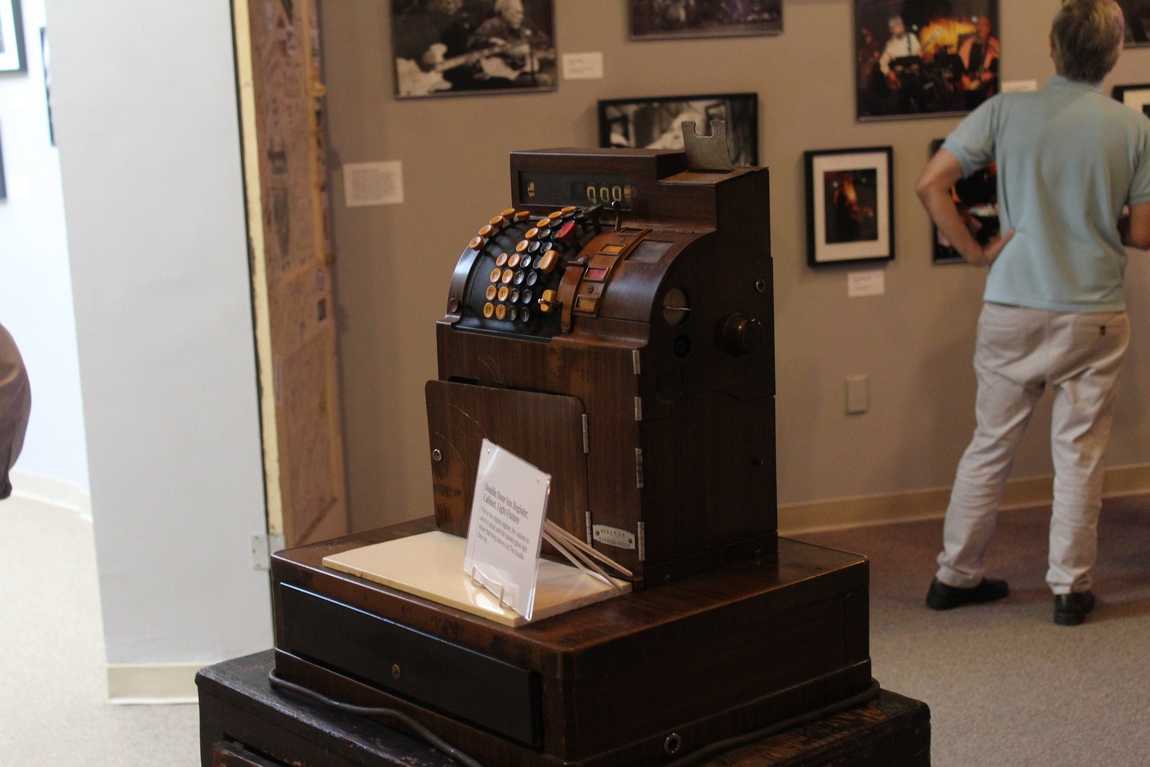 Photo: https://www.facebook.com/charlottemuseumofhistory
Photo: https://www.facebook.com/charlottemuseumofhistory
Special Events and Programs
The Charlotte Museum of History offers a dynamic calendar of events that bring history to life and engage the community throughout the year.
Historical Reenactments:
- Revolutionary War battle recreations
- Colonial life demonstrations
- Interactive experiences with historical figures
Lectures and Workshops:
- Expert-led talks on various aspects of Charlotte's history
- Hands-on workshops teaching historical skills and crafts
- Panel discussions on current issues with historical context
Seasonal Events and Celebrations:
- Annual Independence Day festivities
- Holiday-themed events showcasing historical traditions
- Community festivals celebrating Charlotte's diverse heritage
These special programs provide unique opportunities for visitors to immerse themselves in different periods of Charlotte's history and engage with the past in meaningful ways.
Preserving Charlotte's Architectural Heritage
The Charlotte Museum of History is at the forefront of preserving the city's architectural legacy, focusing on structures that tell the story of early American life.
18th-Century Buildings On-Site:
- The 1774 Hezekiah Alexander Rock House
- Reconstructed log kitchen demonstrating colonial cooking methods
- Relocated barn showcasing agricultural practices of the era
- Two-story springhouse used for food preservation
Importance of Historic Preservation:
- Educational programs on architectural styles and building techniques
- Advocacy for the protection of historic structures in Charlotte
- Partnerships with preservation societies to maintain local landmarks
By maintaining these historic structures, the museum provides tangible links to Charlotte's past and educates visitors on preserving architectural heritage for future generations.
.jpg) Photo: https://www.facebook.com/charlottemuseumofhistory
Photo: https://www.facebook.com/charlottemuseumofhistory
Best Time to Visit
The best time to visit the Charlotte Museum of History with children is during weekends or school holidays when special family-oriented programs are often scheduled. Mornings are ideal for cooler temperatures and fewer crowds, especially in summer. The museum is lively during seasonal events like the Independence Day celebration or holiday-themed activities.
Recommended Duration: A typical visit lasts about 2-3 hours, allowing time to explore the exhibits and take a guided tour of the homesite
Our Resume
The Charlotte Museum of History offers a rich, immersive experience for history enthusiasts and families alike. Its blend of interactive exhibits, historic structures, and educational programs provides a comprehensive look at Charlotte's past. The museum's commitment to preserving local heritage while addressing contemporary civic themes makes it a valuable resource for the community and visitors.


